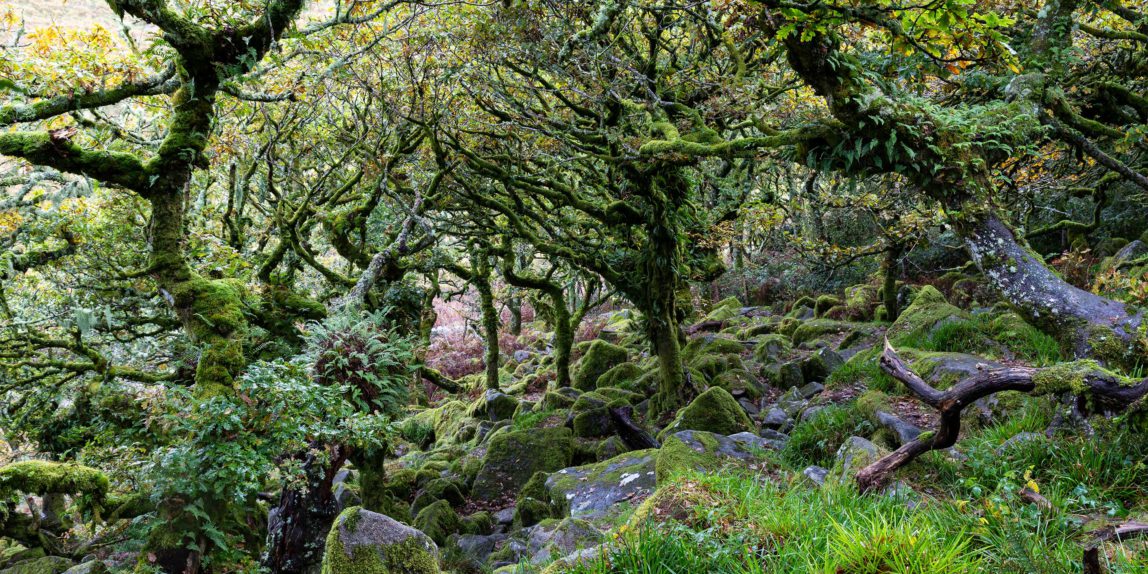The story of the climate crisis as generally told is depressing. Western neoliberal capitalism is rampaging across the Earth, consuming more and more, and leaving the Earth in such a depleted state that it is no longer able to regenerate. The Earth is our only home and our treatment of it means we are doomed. Pretty grim.
There are plenty of books telling this story concisely, The Uninhabitable Earth by David Wallace Wells being just one example. Whilst these narratives are undeniably factual, are they the stories we need to hear? In the face of such pessimism, how should we respond?
For me, a turning point was reading Climate A New Story by Charles Eisenstein. He starts by describing the climate crisis in even more stark terms than Wallace Wells. Not only is there too much carbon dioxide in the atmosphere, but the land is also ravaged and declining in fertility, the forests are no longer carbon sinks and so on. But he points out that this description allows us more points of engagement with the crisis: it is no longer just the people versus the oil companies. By supporting local rewilding projects, wildlife reintroductions and community projects, we support life. Crucially, Eisenstein helps us see what success looks like. There are wildlife populations, natural forests, communities, indigenous wisdom and activism in the world. He encourages us to see the beauty in this (as opposed to the horror) and demand and create more beauty. He equates life with beauty and encourages us to choose life.
The second book by Eisenstein that I read is entitled The More Beautiful World Our Hearts Know is Possible which provides the title of this story. Chapter by chapter, Eisenstein examines ideas like Cynicism, Separation, Despair, Urgency and Evil. He considers how we might be inspired by the beauty in the world and bring the best of humanity to make the world more beautiful. He addresses spirituality and psychology and calls for the best of humanity to triumph over the worst.
This story is about looking for beauty in people and places and how we might make a more beautiful world.
